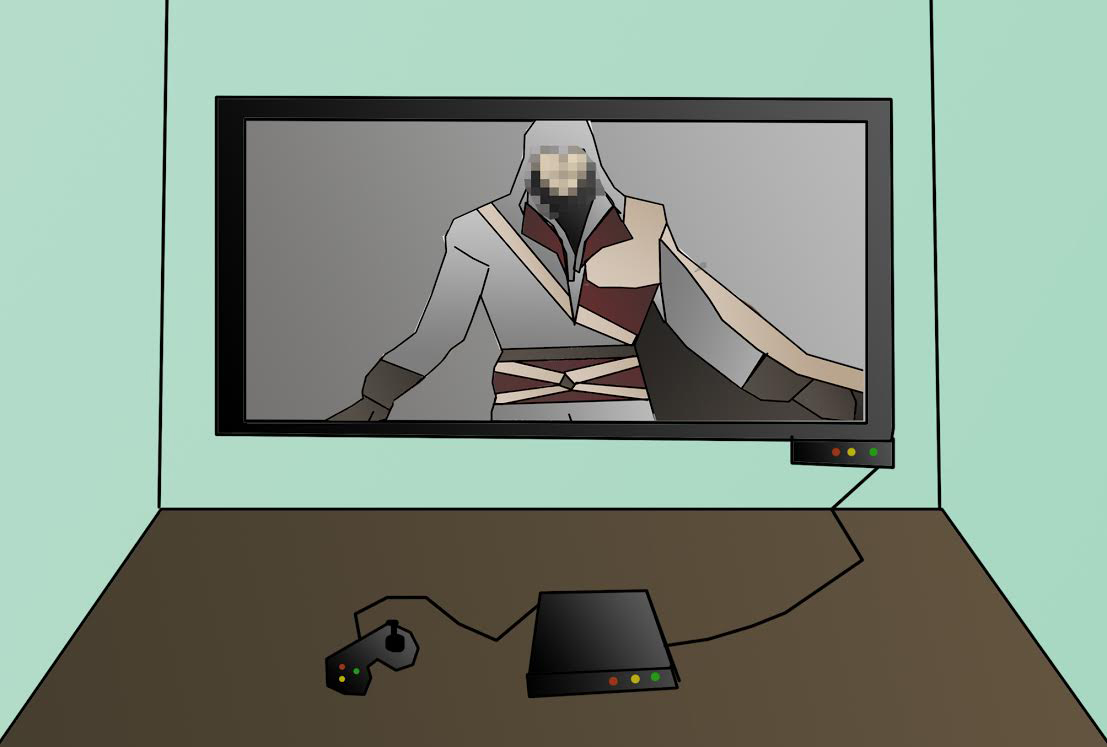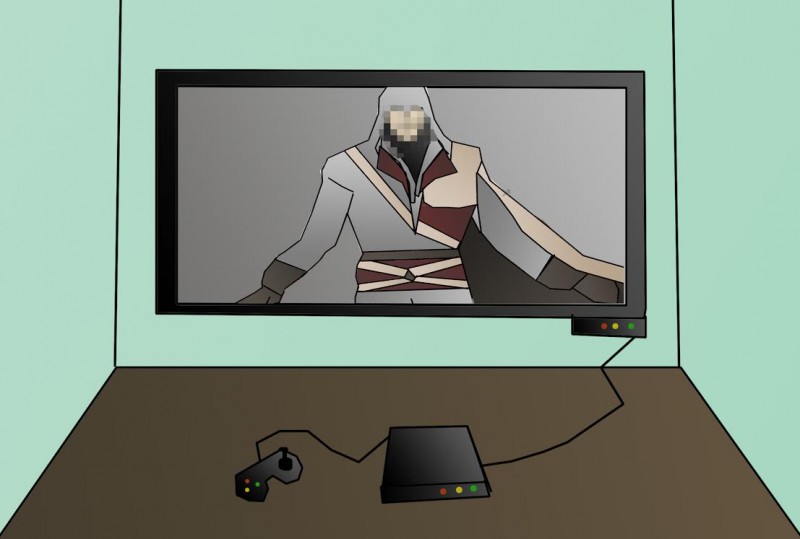Glitched perspectives

Criticizing glitches doesn’t help game developers improve

Anyone following the release of Assassin Creed: Unity has probably seen the viral image where the character models have no face other than eyes and a lipless mouth. It’s rather funny looking, as if some nightmare creature from Beetlejuice decided to spend a day in 18th-century France and nobody realized it. These kinds of silly mistakes in multi-million dollar games are always worth a laugh at the expense of software giants, but whether they are worthy talking points about the quality of the game itself is another story.
When looking at criticism of the game, the glitches seem to come up as some unsightly blight on what they see as fairly rote entry in a series. Without them it’s just standard, but with them it’s one of the great disappointments of the year. This can be seen when looking at Metacritic and the mixed critical reception but the furious audience reception. Glitches have ruined the experience for them to a point beyond annoyance: they are actually offended by these technical problems.
This says a lot about the hypocrisy at the heart of gaming culture. Many gamers want games to be seen as the next great modern art form, but if anything is wrong with them on purely mechanical and technical levels they go into an uproar. This mindset not only trivializes the games in question but does a disservice to those who play them because games can be so much more than their basic functionality as stabbing simulators. They can explore grand ideas of death, identity, trauma, friendship, lost innocence and human accomplishment itself. But if a character falls through the game world then it’s all for naught for too many players and even professional critics. The game is not giving them exactly what they were expecting and thus they reject it as a defunct product.
If the greater culture wants their games to be accepted as anything more than toys, then this mindset has to evolve. Glitches can be bothersome, but critically labeling them as deal-breakers is hyperbolic. From an experience standpoint glitches are comparable to continuity errors at best — funny to point out — and DVD skips at worst — annoying but not an actual significant flaw with the piece itself. If the overall product is less-than-stellar then it’s better for the game developers to hear about that rather than the glitches because they can actually learn from the former criticism.
So if you’ve already played Assassin’s Creed: Unity and noticed these bugs, try to keep them as a footnote in your mind and focus on the game itself. Is it telling its story well? Is it using its gameplay to meaningful effect? Is it engaging and interesting?
Asking yourself these questions will enhance your experience far more than complaining about glitches and may even lead to better, smarter games being made in the future.


